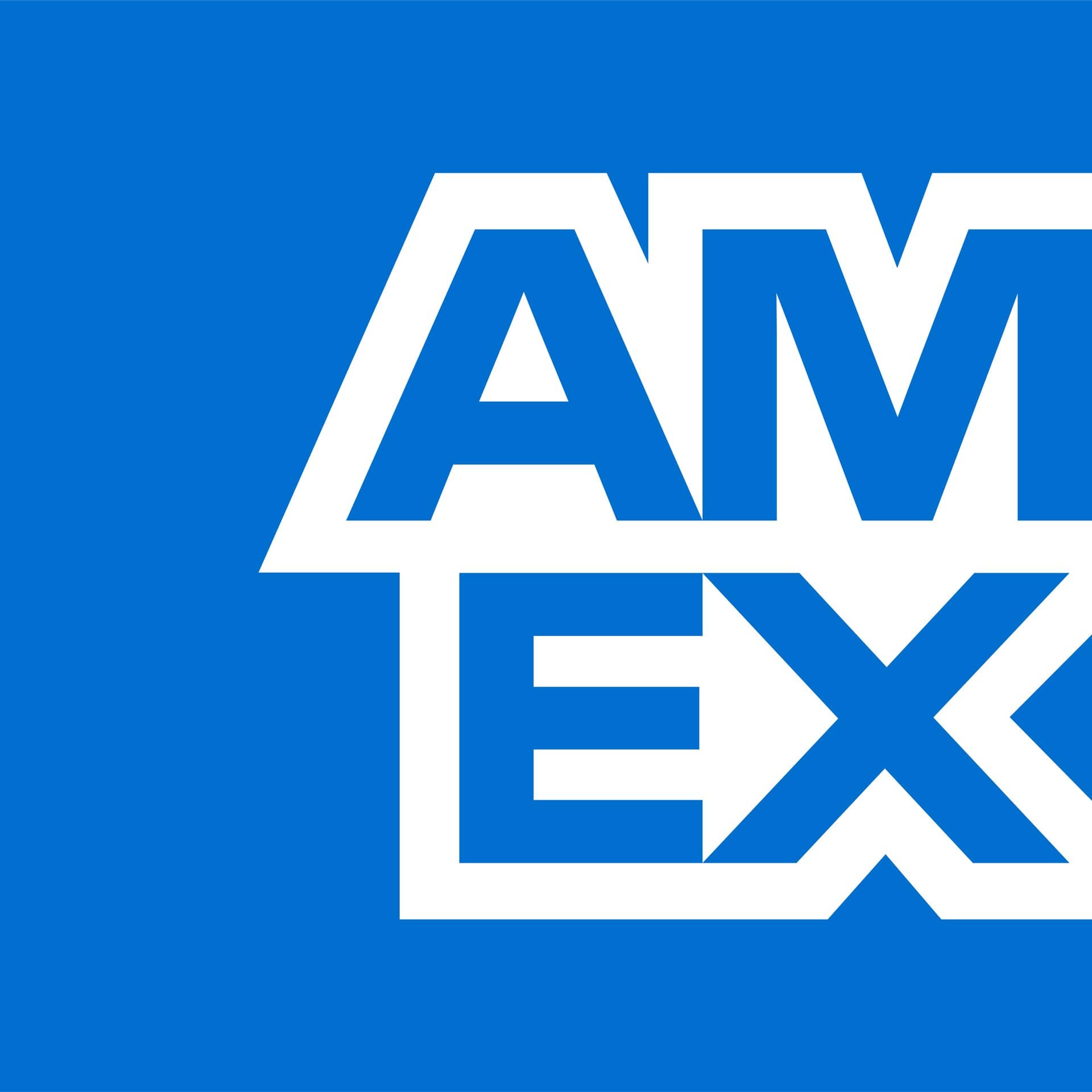Recently, alumni from a Fortune 500 company visited with Career Services and Faculty to reflect on what our students can do to stand out in interviews. These alumni graduated with degrees in Finance, Management Information Systems, and Supply Chain Management. The alumni made it clear that in terms of interview readiness, Career Services was doing a good job teaching students how to answer behavioral questions using the STAR pattern. They also said that our faculty were doing a great job teaching the fundamentals of business theory and specifically teaching students the right methods of working their most important program, Excel.
What was lacking to turn “maybe” candidates into a definite hire was actual PROOF of advanced Excel knowledge.
Many students do not list class or corporate projects that covered advanced excel knowledge. But even those who do apparently are not showing enough to prove they know Excel, inside and out. Students then should have portfolios of projects that are directly related to the knowledge, skills, and abilities of that particular software. Building the frameworks of financial models (and proof that the student understands the model logic) are essential for the day to day operations; up to 80% of the work is based on Excel knowledge according to the alums that we met with.
Proof of these projects should be in print and on a USB drive. I recommend both because in many cases, the recruiters may not be allowed to plug in an external drive according to IT security policies at their respective companies.
Having this proof is critical because unlike other majors that use portfolios, Sales, Marketing, and Advertising, many students that are great technically in business are not great at selling those skills. This was their second piece of feedback – students must learn to become comfortable with selling their skills to recruiters and hiring managers.
The proof portfolio can be a “supporting crutch” to lead into a conversation until students become comfortable with selling their skills and proving their advanced knowledge of Excel.






